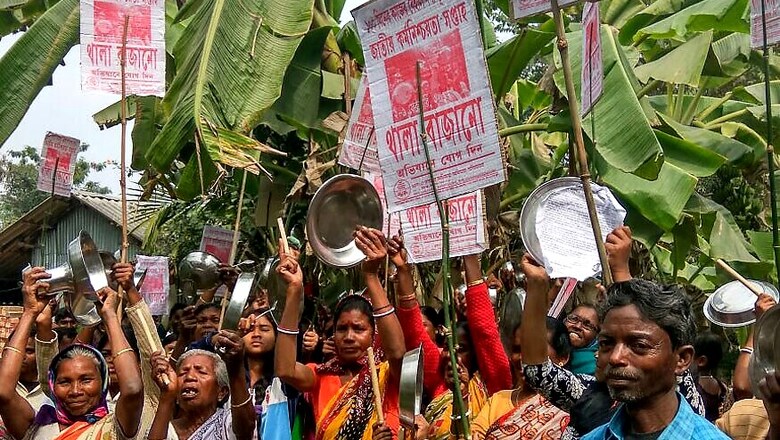
views
From the villages of West Bengal and Patna to the districts of election bound Uttar Pradesh, daily wage labourers in different parts of rural India are taking part in the ‘Thali Bajao Abhigyan’. Thursday is the last day of the campaign, where daily wage labourers are beating on empty plates to raise the issue with Government officials for better implementation of the Mahatma Gandhi National Rural Employment Guarantee Act or MGNREGA.
Things might have almost normalised post demonetisation, but daily wage labourers across the country are still feeling the pinch. The Union budget appeared to be a ray of hope but there was no mention of demonetization and people affected by the exercise of the BJP Government. While there was a mention of an allocation of Rs.48,000 crore under the NREGA, labourers in rural areas feel this does not suffice. The NREGA Sangarsh Morcha, a cross country umbrella organization which was formed in December last year is holding this campaign, to bring awareness of the BJP Government to various issues under the scheme.
In Purulia district of West Bengal, close to hundred labourers, mostly women assemble at various parts of the village including the Block Development Office while also distributing leaflets on the demands they want to raise. Soursodhar Gayen, a daily wage labourer says, “This is a protest where we can put forward our distress and dispel the myth of the BJP Government’s perception of NREGA which they are portraying to the country.” There are similar protests in other districts like Burdwan, Hoogly and South 24 Parganas.
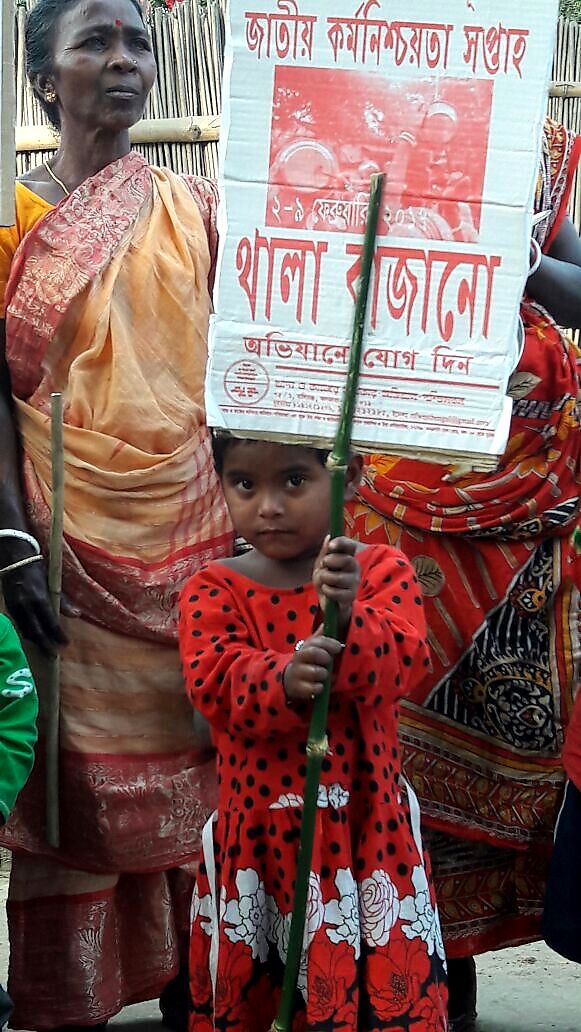
From West Bengal to Patna and even Uttar Pradesh, the week long campaign from the 2nd-9th of February brings up various demands to plug the loopholes and ensure better functioning of the NREGA. Some of these demands include:
1. An increase in the number of employment days in a year from 100 to 240 for daily wage labourers.
2. An increase in the allocation of funds from Rs.48,000 crore to Rs.90,000 crore from the Centre’s coffers.
3. An increase in daily wage from Rs.100 to Rs.500.
4. Change number of days of entitlement from family to the individual.
5. A redressal system especially for places where the NREGA has not been properly implemented.
6. A more transparent way to ensure the amount reaches the daily wage labourer after the work is completed.
7. To increase the NREGA scheme to urban areas for daily wage labourers.
Richa Singh of the Sangatin Kissan Majdoor Sangathan in Sitapur district in Uttar Pradesh says there are almost Rs.33 crore of dues which are to be paid in 2016 to almost 2 lakh labourers from the 21st of July to the 3rd of December. The Thali Bajao Campaign is taking place across Sitapur which has around 200 villages. She adds, “The advantage is that since it is election time, labourers know their voices will be heard as candidates from different political parties are out campaigning for the polls. We don’t have hope from the BJP, there is atleast some hope from the opposition alliance.” Apart from beating on empty plates, labourers are also raising questions which are written on the walls of their houses asking whether candidates out on political campaigns will do something to ensure daily wages of labourers under NREGA will be increased. The disadvantage is the campaign is only restricted to villages as cannot reach the block level due to the polls.
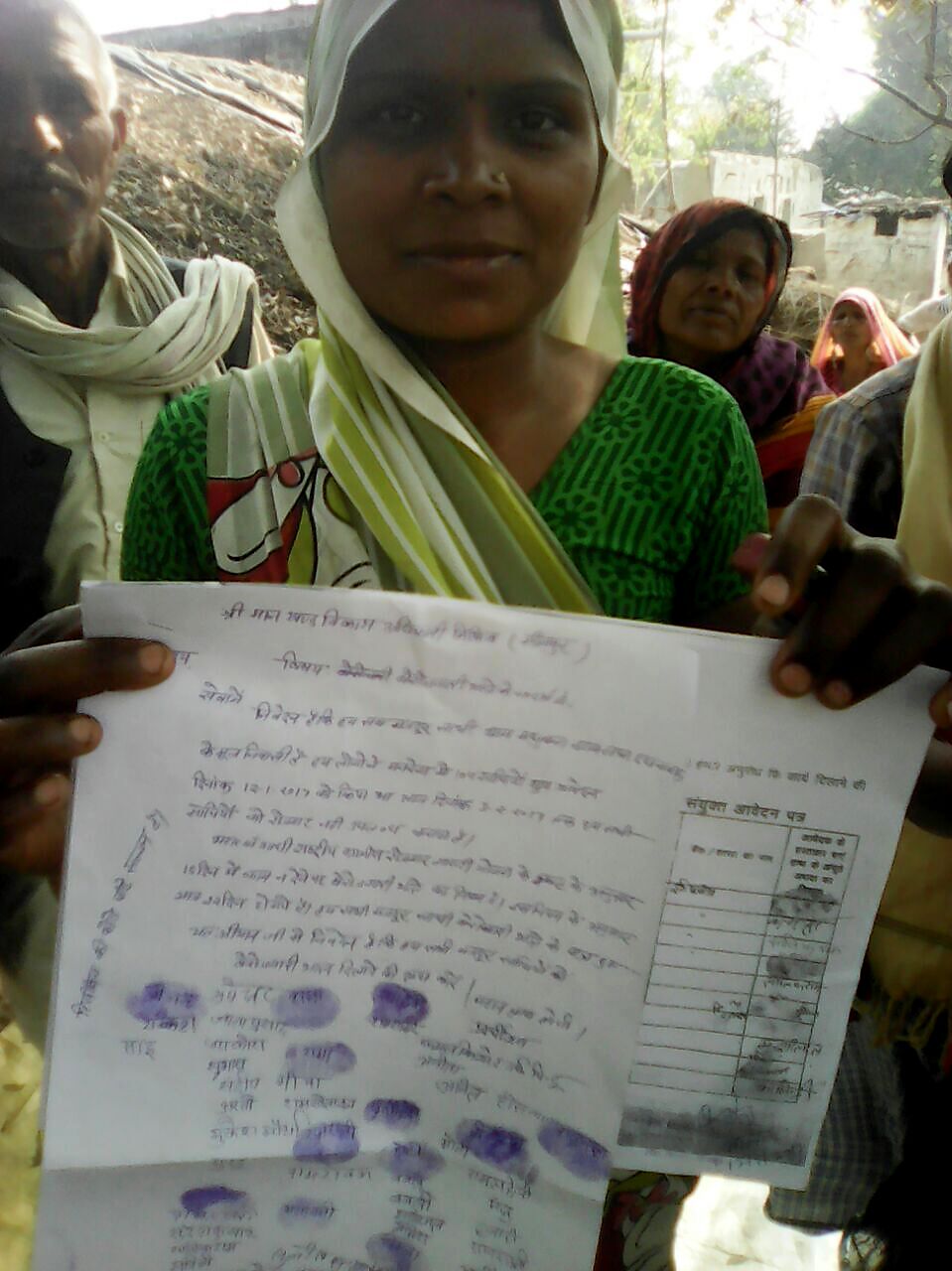
While these efforts might not be sufficient for the Central Government to take notice, the campaign will culminate into a bigger movement which will reach Delhi by year end. The focus is taking things one step at a time.
Anuradha Talwar of the Panchim Banga Khet Majur Sammittee says, “We are trying to get into the villages and bring to the fore complaints to people and the way NREGA is functioning. We felt we had to start at the ground level and build it to Delhi in December. In the process we are trying to bring to surface problems which are the affect of the Central Government’s mandates.”
The umbrella organization, NREGA Sangarsh Morcha feels it is the right time to bring these issues to the fore since the Prime Minister who appeared to be against the NREGA and is now doing things in favour of the agrarian scheme. Their journey is long, but they feel by putting forward these pertinent points, the Government’s perspective will be broadened to adequately meet the demands of the poor in rural areas.
















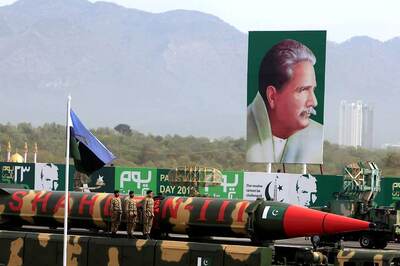
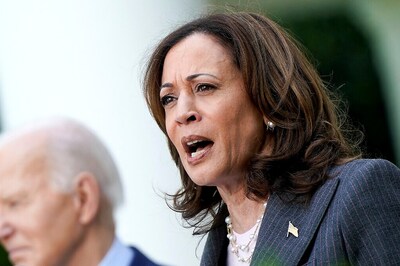


Comments
0 comment